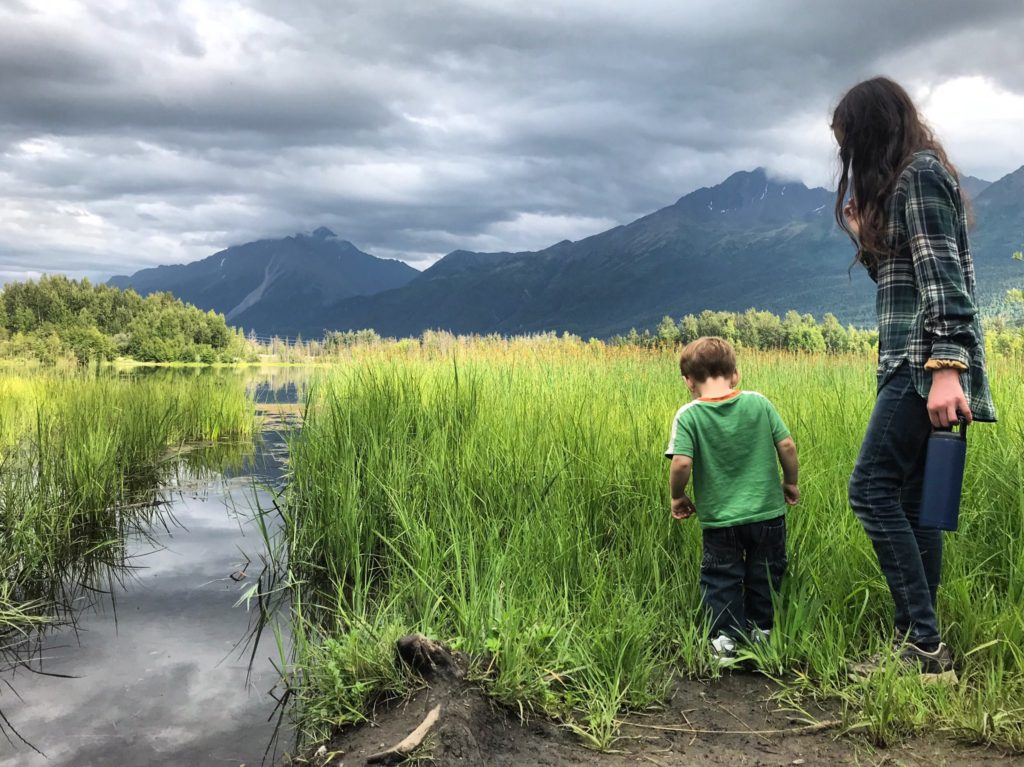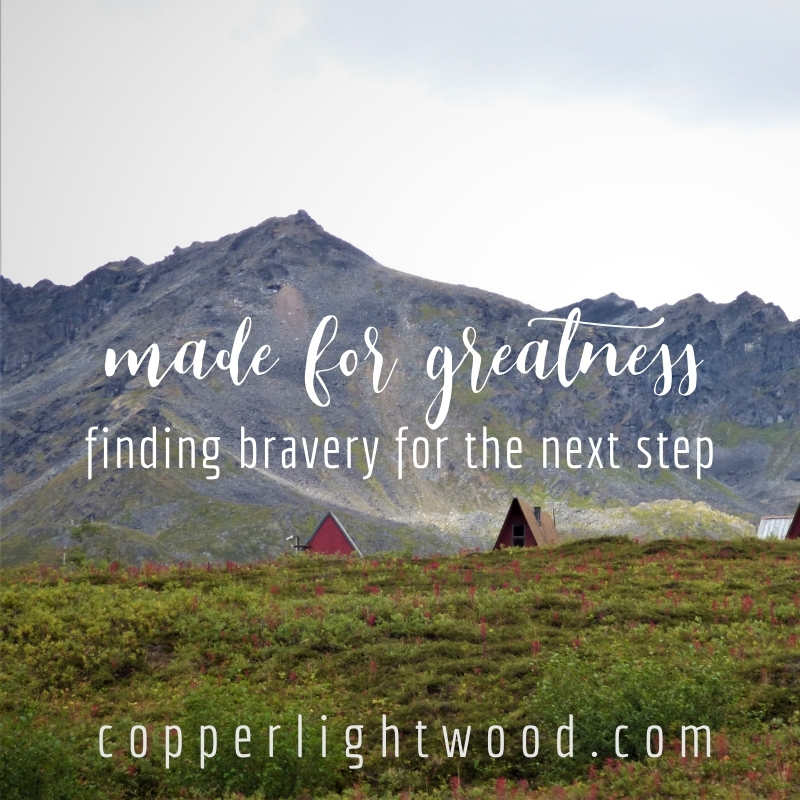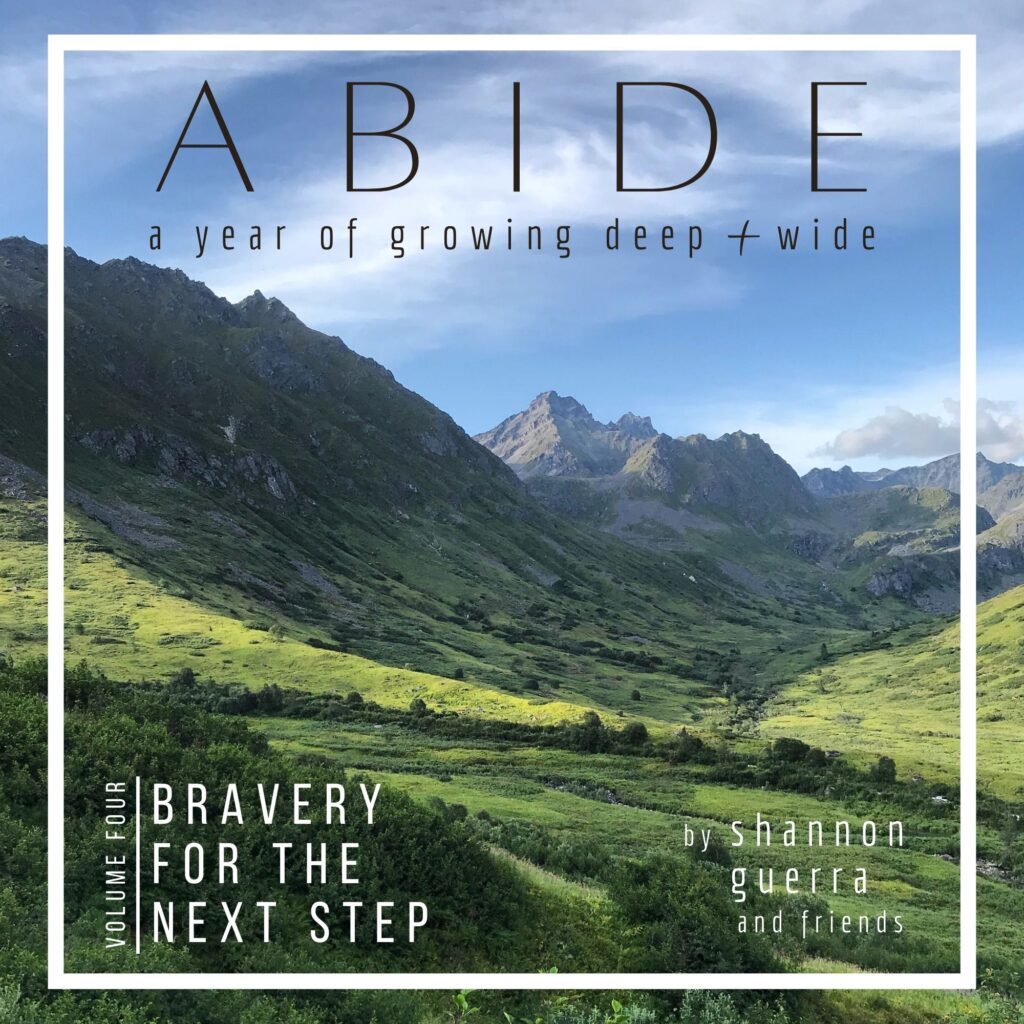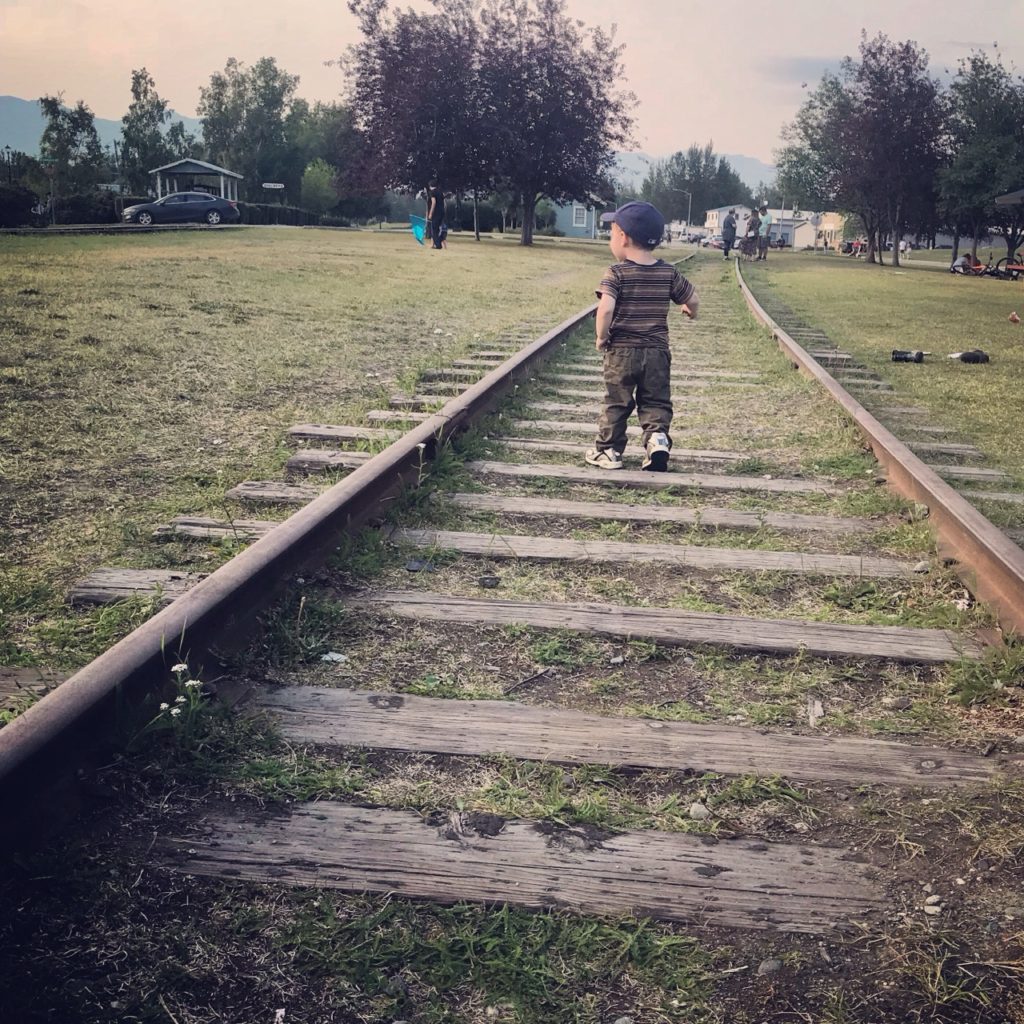Homeschooling has always been misunderstood, but 2020 didn’t do it any favors and now there’s even more confusion.
The fall of 2020 saw an unprecedented number of families transfer their kids from public and private school to homeschool. And this fall has been the same, for many of the same reasons; even more parents this year want to make the move to homeschool.

It’s a bold, brave choice that requires a family to make significant changes, and it can be overwhelming. That has never changed; the overwhelm has always been there whether it was last year, this year, or sixteen years ago, when we started.
But this year I’ve noticed one difference: Many parents who wish they could get their kids out of public school have washed their hands of homeschooling because they feel like they tried it last year with the forced lockdown, and it was miserable.
So let me clear something up real quick. This is important:
If, because of lockdowns, you were forced into schooling at home, schooling online, or doing a ton of assignments with your kids that their school told you to do, then I hate to break it to you, but…you didn’t homeschool.
I hope that’s a relief to some of you.
Just because your child did assignments at home doesn’t mean it was homeschool.
If they were still registered with another school and doing everything that school told them to do, a repeat of that experience is not what you would be signing up for if you chose to (really) homeschool.
Because homeschool is not checking off a list that someone else assigned you. Homeschool is not hours and hours in front of a screen in zoom meetings or other online classes. Homeschool isn’t just doing the same things you would do at school, but moving the location to your kitchen table (or the couch, or your bed).
Homeschool is none of those things. So if you were given that impression last year and it left a terrible taste in your mouth, I am so sorry. No one can blame you for saying “We tried homeschool last year and we hated it” because we would hate it that way, too.
But we can show you what it really ought to be. And that should give you hope, especially if you wish there was an alternative to the indoctrinating mess that many public schools have become. If you are tired of the CRT and other agendas, the unhealthy mask mandates, the disregard of parental rights, and you want to make school about education again (whoa, what a concept!), let’s talk about what homeschool really is.
And right from the start, I admit that I can’t give you the full picture. Because homeschool is different for everyone, and that is the beauty of it. It is for you and for your kids, not for a predictable system so they will all go in different and come out the same after being squeezed to conform to a mold they may never fit into.

But here are some basic principles:
– We read. A lot. Out loud and quietly, to each other, to younger siblings, to older siblings, to Grandma, to the cats if they will listen. So many books, so little time. When someone’s sick, audiobooks work in a pinch.
– We do stuff: Projects and hikes and visits and crafty things and cooking and watching videos and I can’t even tell you what else. At home and elsewhere, on our own and with others, and we’re not limited to a 7 am to 3 pm schedule.
– We talk to each other, to extended family members and friends, and others. We discuss what we’re reading and learning. We visit people and talk on the phone, and we’re not segregated into only talking with those in our own age group, economic group, neighborhood, or gender.
– We try and fail and change things up, and try again. We’re not stuck with the math program that we hate. We try new language arts programs that might be a better fit. We don’t read the dry textbooks that put you to sleep.
– Our curriculum and schedule work for us, not the other way around. We are not a slave to the checklists and to-do lists (and neither are our kids). We adjust our school schedule to our lives instead of adjusting our lives to our school schedule. A new baby is born, or someone gets sick, or some major catastrophe occurs? We learn about basic skills and caring for each other for a few weeks, and the algebra and language arts can wait. There will be time to pick it up again when things settle down. We are flexible when we need to care for each other, help friends, do a major home repair, or get involved in community projects. So much that needs to be known is never learned in school…but it can be learned in homeschool.
Some of the most important learning is not academic, so don’t be afraid to go there.

So friends, if you want to homeschool this year but don’t think you can for a dozen or more reasons, listen to me:
You will be a terrific teacher for your kid. You’ve already been doing it a long time.
You can teach your kids. Yes, it’s hard sometimes. Yes, you’ll be sanctified. But you can go slow, read the books you want, do the activities you want, partner with friends, take advantage of online resources (they cover every subject or topic you could imagine), and make it your own. Make it for them. Make it for your freedom. Make it for their future.
We have all these preconceived ideas about what school should look like, and we feel like we can’t fit the mold. So, newsflash:
There was never meant to be a mold.
School is supposed to be as weird as you are. Go ahead and quote me on that.
____
Need a quick resource for more info? HSLDA has a terrific site right here, with everything you need to know (legal, local, academic, and otherwise) to get started.







